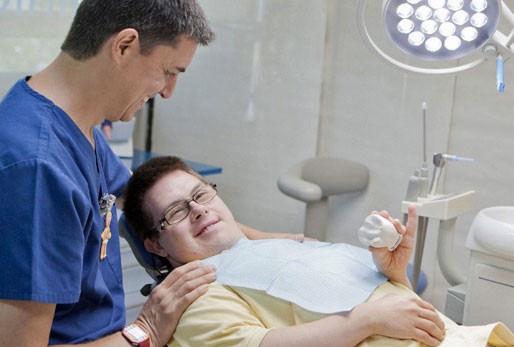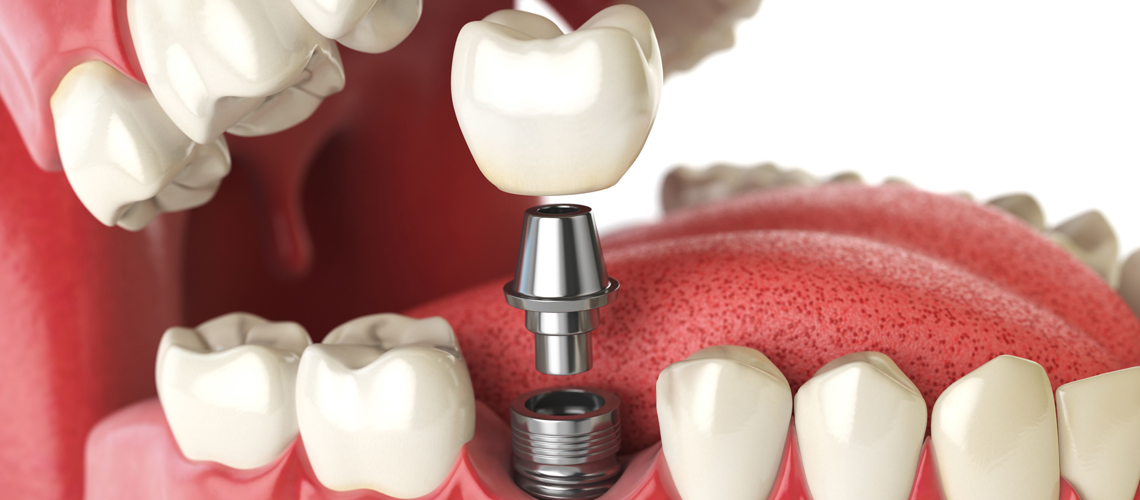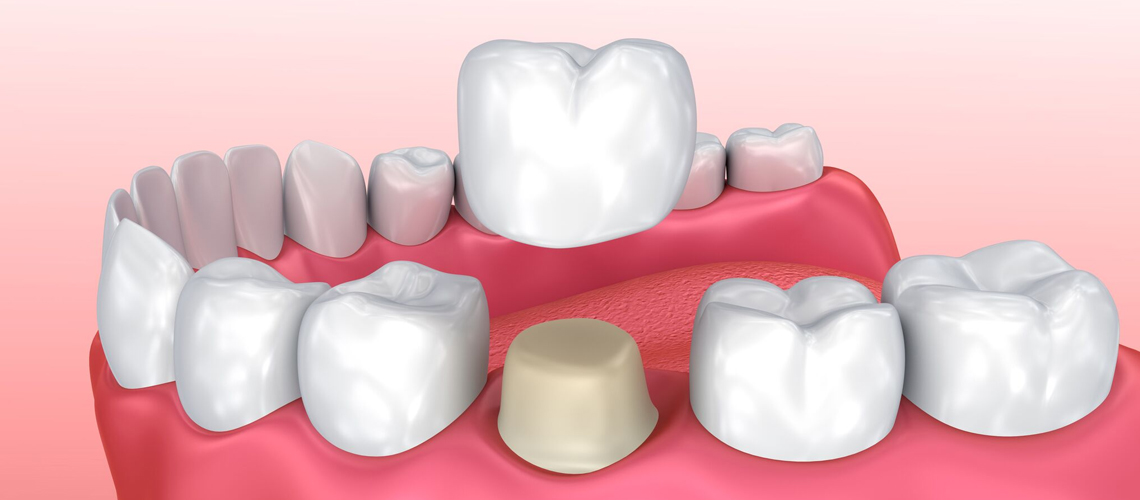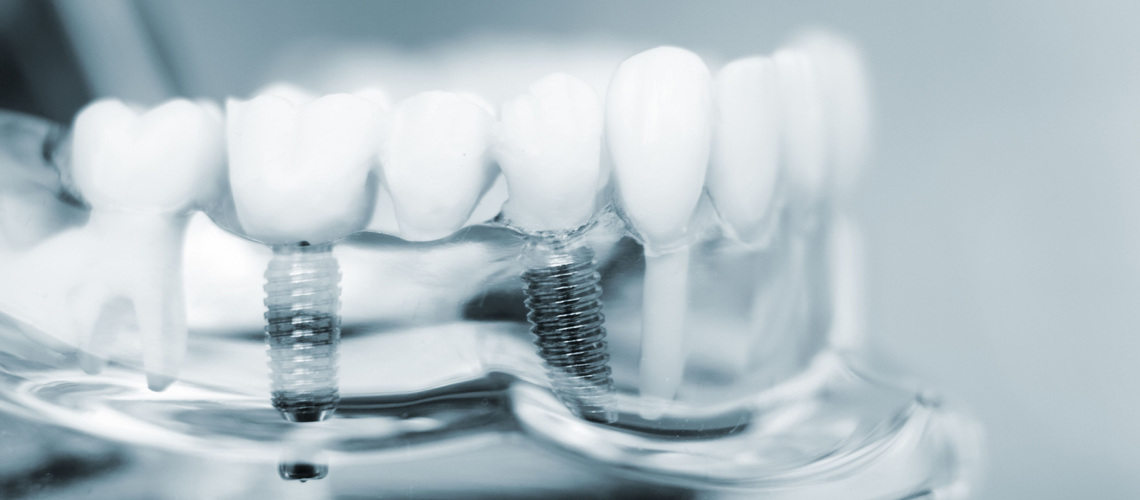Caring for dental health in patients with disabilities requires a lot of attention. The conditions of these people often prevent them from maintaining proper hygiene. In addition to this, all diseases and treatments require special attention compared to patients who don’t have any disabilities. In this two-part post, we offer a guide so you know everything related to this topic.
Effects of disabilities on oral health
There are about 48 million people in the USA who have some type of disability. For them, dental care has special needs due to the condition or treatment they receive. People with disabilities include those who have some type of deficiency during their development; either before, during or after birth. The deficiency may be physical or psychological conditions, but degenerative, neurological or psychiatric diseases are also included.

These diseases can prevent the patient from being responsible for their oral hygiene. The same condition can cause problems such as physical disability in the oral cavity, appearance of cavities, malocclusions, etc. At home, those responsible for people with disabilities should be very attentive to their oral development. They have to make sure they have proper hygiene and take them regularly to a specialist.
Dental health in patients with disabilities
Generally, people with special abilities cannot take care of their oral health alone. That is why they require the help of other people during brushing. Medications and their own condition make them more likely to suffer from some disease. Even when they go to a dental office, they need special care. These may include some previous medication or even the physical restriction of the patient. Being prone to oral diseases, it is necessary to promote dental health in patients with disabilities. However, it should be made clear that there is no such condition that is exclusive to special patients.
Frequent dental problems in patients with disabilities
People who have some type of disability are prone to have problems in their mouth. Among the most common diseases are:
- Bruxism: It is the involuntary act of clenching or grinding your teeth. Many people have it without knowing, but the dentist can detect it if there is wear or fractures in the enamel. Some of the symptoms of bruxism are:
- Headache or earache: clenching the jaw can cause severe headache.
- Dental hypersensitivity: tooth enamel wear leaves dentin exposed. So, contact with chemical, thermal or tactile stimuli can cause acute pain.
- Jaw pain: the pressure of the teeth can cause pain and inflammation of the maxillofacial muscles.
- The cavities in patients with disabilities are frequent and cause periodontal diseases. This is due to the difficulty in eating, chewing and maintaining proper hygiene.
- Dental trauma: It occurs due to the reduction of the patient’s reflexes, when they suffer epilepsy or have poor motor coordination; as well as in people with psychological disabilities. Early tooth loss is a common problem.
- Bad alignment of teeth: Malocclusion and disorders of the temporo-mandibular joint are common in patients with neuromuscular imbalance.
- Gingival hyperplasia and xerostomia: It may arise as a result of the consumption of certain medications.




